Looking for your next pair of skis? Here’s the deal: shorter skis are shaking up the slopes in 2025. Brands like Snowfeet* are stepping up with compact options that are easier to control, lighter to carry, and just plain fun. Whether you're a beginner or a seasoned skier, these shorter models - ranging from 44 cm to 120 cm - offer something fresh compared to the usual 160–180 cm skis. Plus, they’re budget-friendly, starting at $390, and many work with regular boots.
Here’s a quick rundown of what’s hot this year:
- Snowfeet* Skiskates (44 cm): Ultra-portable, fits in a backpack, great for groomed runs and parks ($390+).
- Snowfeet* Skiblades (65-120 cm): Compact, nimble, and versatile for all conditions ($450-$690).
- Rossignol Sender Soul 102: A classic long ski for groomed and off-piste adventures ($749.95).
- Nordica Enforcer 94: Built for carving and precision ($524.99+).
- Atomic Bent 100: Playful and reliable for mixed terrain ($439-$800).
- Volkl M7 Mantra: High-speed stability for expert skiers ($509.99+).
Quick takeaway: If you want lightweight, easy-to-use skis that don’t need extra gear, Snowfeet* is the way to go. For more traditional options, Rossignol, Nordica, and Atomic deliver solid performance but require more investment and effort. Ready to hit the slopes? Let’s dive into the details.
2025 Men's Mid-90 mm All-Mountain Ski Comparison with SkiEssentials.com
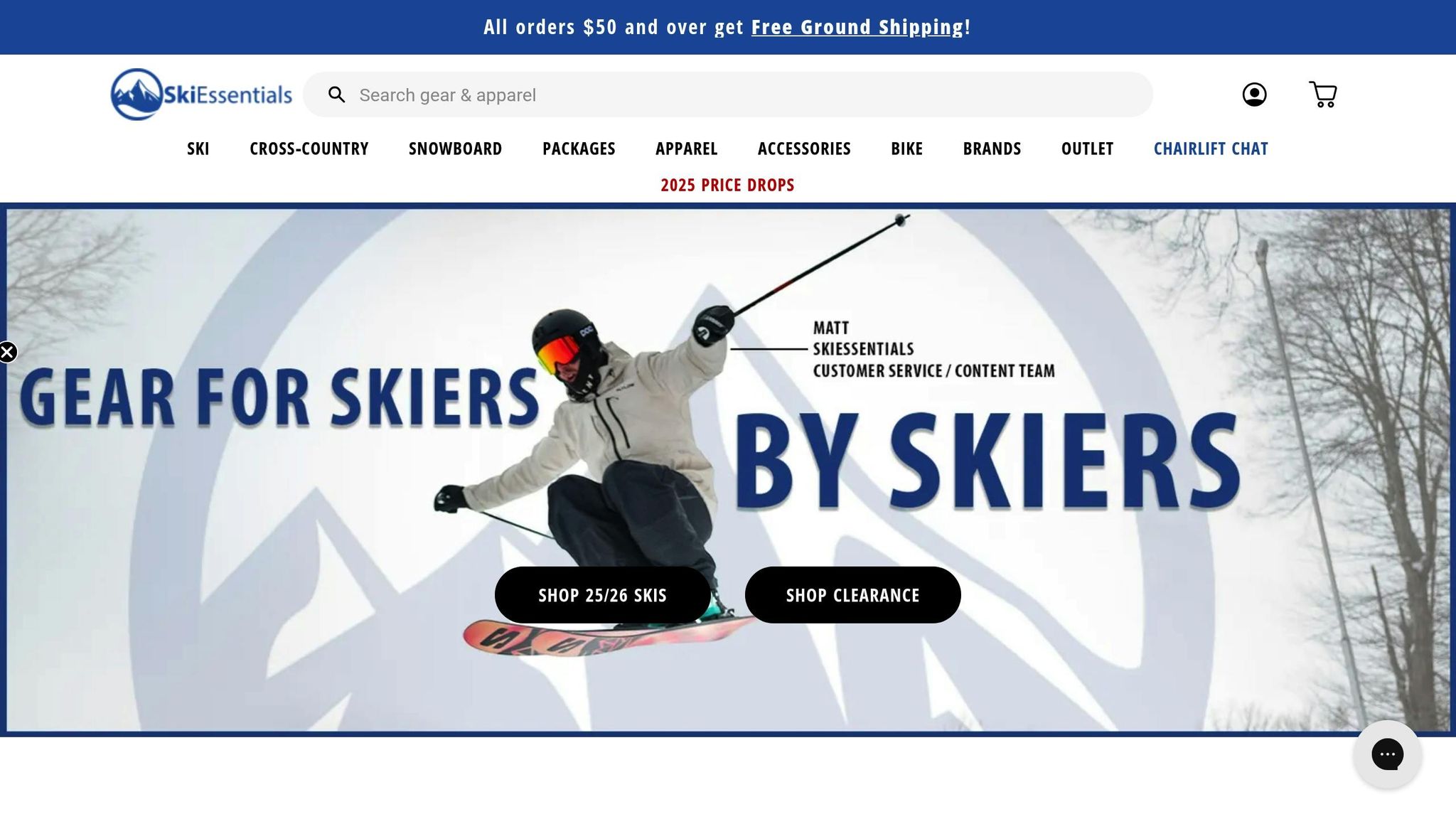
1. Snowfeet* Skiblades (65 cm, 99 cm, 120 cm)
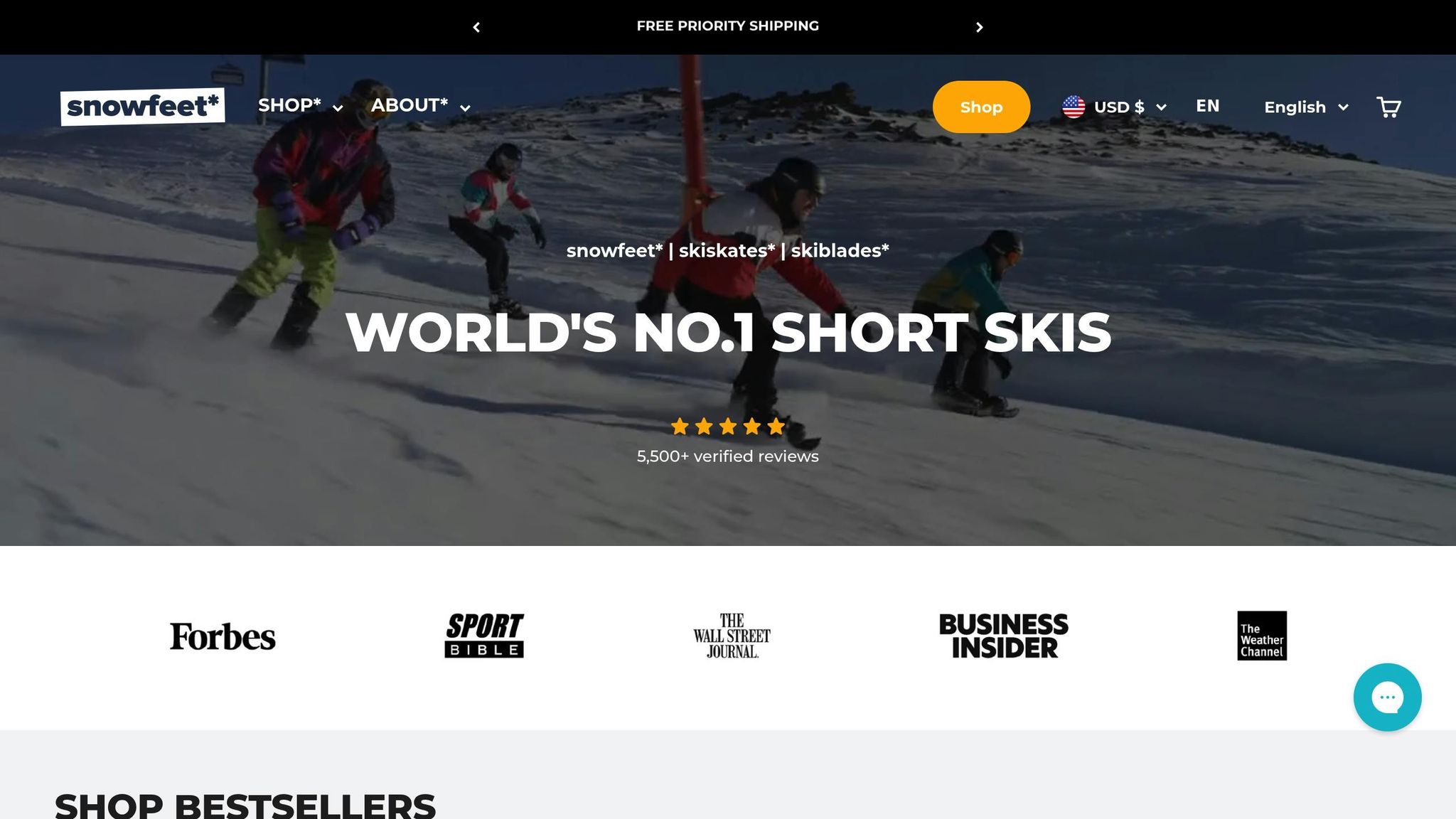
The Snowfeet* Skiblades lineup delivers a compact and versatile skiing experience with three length options - 65 cm, 99 cm, and 120 cm. These skiblades pack performance into a smaller, more manageable design compared to traditional skis.
Easy to Carry
One of the standout features of Snowfeet* Skiblades is how portable they are. Thanks to their small size and lightweight design, the 65 cm model fits easily into a regular bag, making it perfect for travelers. The 99 cm and 120 cm versions are also easy to store and transport, cutting down on the usual hassle of lugging around bulky equipment. This convenience doesn’t come at the expense of performance, as these skiblades handle a variety of terrains with ease.
Versatile Performance
Snowfeet* Skiblades are designed to be nimble and user-friendly, making them suitable for all kinds of conditions. Whether you’re cruising down groomed runs, tackling moguls, or hitting the terrain park, these skiblades can handle it all. The different lengths and widths cater to various preferences: wider models offer better stability in soft snow, while narrower ones excel on harder surfaces. The 99 cm and 120 cm options are ideal for carving, fast descents, and even powder, offering flexibility that many traditional skis from brands like Head or Elan can’t match. Their ability to make quick, sharp turns also makes them a great choice for crowded or tight slopes.
Beginner-Friendly
Because of their shorter length, Snowfeet* Skiblades are much easier for beginners to control compared to standard skis. This shorter learning curve helps new skiers gain confidence quickly. As a member of the Snowfeet* team explains:
"Yes, skiblades are perfect for those new to skiing. Their short length makes them easy to control, giving beginners a confidence boost." (Snowfeet* Team)
For seasoned skiers, these skiblades shine with their agility, making quick turns and tight maneuvers a breeze. Whether you’re just starting out or have years of experience, they’re designed to make skiing more accessible and enjoyable.
Pricing (USD)
Snowfeet* Skiblades offer a cost-effective alternative to traditional ski setups. The 65 cm model starts at $450, the 99 cm version is priced from $490, and the 120 cm option costs $690. In comparison, premium traditional skis often start at $600 and require expensive, specialized boots. Plus, their lightweight design reduces fatigue, letting you spend more time on the slopes and less time dealing with heavy gear.
2. Snowfeet* Skiskates (44 cm)
At just 44 cm, the Snowfeet* Skiskates are the shortest skis you can find. These compact skis blend the worlds of skiing and skating and are compatible with both ski and snowboard boots.
Portability
Thanks to their compact size, Skiskates can slide right into a regular backpack. No need for bulky ski bags or carriers here - they’re perfect for anyone who wants to travel light while hitting the slopes. Their small size doesn’t just make them easy to carry; it also means you can take them just about anywhere without the hassle of traditional ski gear. And while they’re small, they don’t skimp on performance.
Performance Across Conditions
Don’t let their size fool you - these little skis pack a punch. Built with a sustainable wood core, metal edges, and graphite bases, they’re designed for sharp, precise carving on all kinds of terrain, from groomed slopes to icy patches and even some off-piste areas. Their parabolic shape and narrow waist make them quick and responsive.
One reviewer, writing in February 2025, praised their performance on groomed snow, ice, and hard-packed off-piste terrain. Powder, however, was a bit of a challenge. These skis shine on downhill runs, in snow parks, and on narrow trails. Compared to Snowfeet* mini skis, Skiskates are faster and better suited for ski slopes. Plus, their compact design opens up new possibilities for jumps, twists, and tricks that might be harder to pull off with traditional long skis from brands like Head or Elan. However, if you’re planning to tackle deep powder, these aren’t the best choice.
Learning Curve
Here’s where the shorter length really stands out. Skiskates are lightweight and easy to handle, making them more forgiving than traditional skis. Their narrow design gives you better control and agility, which is a huge plus for beginners looking to build confidence quickly. For seasoned skiers, the quick responsiveness and maneuverability make them a blast to use.
Price (USD)
With prices starting at $390, Snowfeet* Skiskates are a premium option in the compact ski market. While they might cost more than some entry-level traditional skis, their unique design, European craftsmanship, and thoughtful engineering make them worth the investment. Plus, when you factor in the savings from not needing roof racks, ski bags, or other transport gear, the overall cost of ownership is surprisingly reasonable compared to traditional setups from big-name brands.
3. Rossignol Sender Soul 102
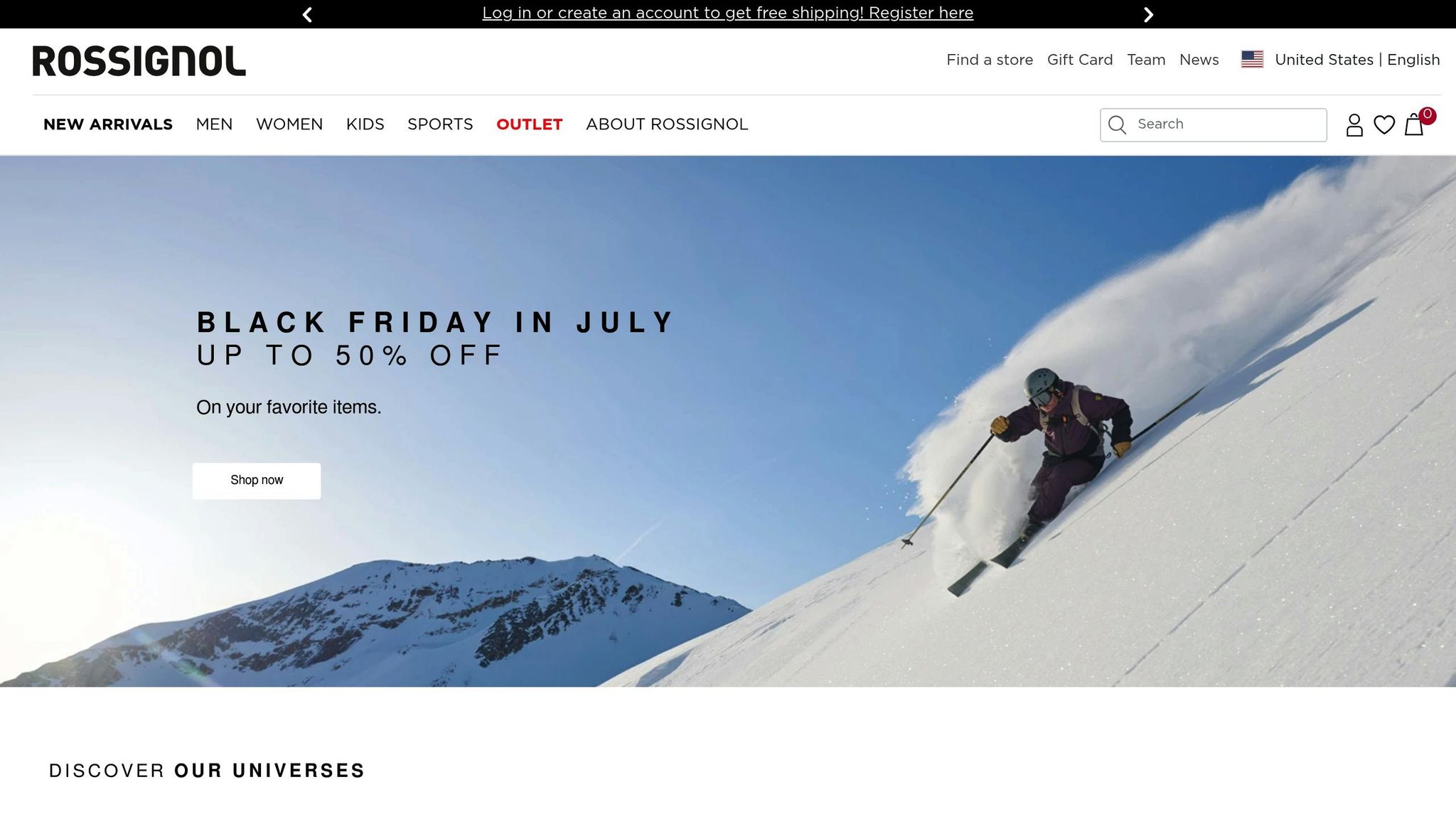
This ski embodies the essence of traditional all-mountain skiing. Made in France, the Rossignol Sender Soul 102 scored an impressive 7.98/10 in tester evaluations, making it a go-to option for fans of classic long skis. Let’s break down what sets this ski apart and how it stacks up against the compact Snowfeet* alternatives.
Portability
At 180 cm in length and weighing about 4.6 pounds (2.1 kg) per ski, the Sender Soul 102 is no lightweight or compact option. It requires extra gear like roof racks and ski bags for transport. With available lengths ranging from 156 cm to 188 cm, it’s clear this ski is designed for those who don’t mind the bulk. While Rossignol’s Air Tip technology helps reduce swing weight and improve maneuverability, it doesn’t change the fact that traditional full-length skis come with their share of logistical challenges.
Performance Across Conditions
The Sender Soul 102 shines on groomed slopes, earning a solid 7.9/10 for its performance on hard snow. However, it struggles a bit on icy terrain. In powder (up to 6 inches), it delivers decent flotation and maneuverability thanks to its centered stance. That said, one tester noted it "doesn't float or slash quite as easily as the Soul 7".
When the snow gets tricky - think deep crud, re-frozen moguls, or high-speed runs - the ski can feel a little out of its depth, with testers reporting some chatter. Its crud performance rating landed at 7.6/10, which is respectable but not outstanding. While the Sender Soul 102 is versatile, it doesn’t offer the portability or simplicity that Snowfeet* products bring to the table.
"The Sender Soul 102 felt cool and confident on groomers, and it lost none of that composure as I moved into more variable snow off-piste. You don't need to make many changes to your technique for the ski to continue to arc beautiful turns." – Jon Sexauer, 5-foot-9 tester
Learning Curve
Compared to the intuitive control of Snowfeet* products, the Sender Soul 102 requires a more traditional approach. That said, it’s remarkably forgiving, scoring 8.7/10 in this category. One tester called it "probably the easiest ski I've gotten on this year", adding that it "feels more similar to the Soul 7, making it more approachable".
"It's probably the most forgiving ski on the market for this category. It's as strong as you want it to be, but the damp smoothness of the ski makes skiing crud and leftover powder easy." – Chad Jacob, tester and New York-based race coach
Price (USD)
The Sender Soul 102 comes with a price tag of $749.95 for the skis alone. If you add bindings, the cost rises to between $1,019.94 and $1,119.99. Demo versions are cheaper, ranging from $429.99 to $699.99, but when you factor in essential gear, the total often exceeds $1,500. In contrast, Snowfeet* products offer a more budget-friendly option for those looking to enjoy winter sports without all the extra costs.
While the Rossignol Sender Soul 102 delivers dependable all-mountain performance, it ties you to the traditional skiing setup - with all the gear and expenses that come with it. Snowfeet*, on the other hand, offers a lighter, more accessible way to enjoy the slopes.
4. Nordica Enforcer 94
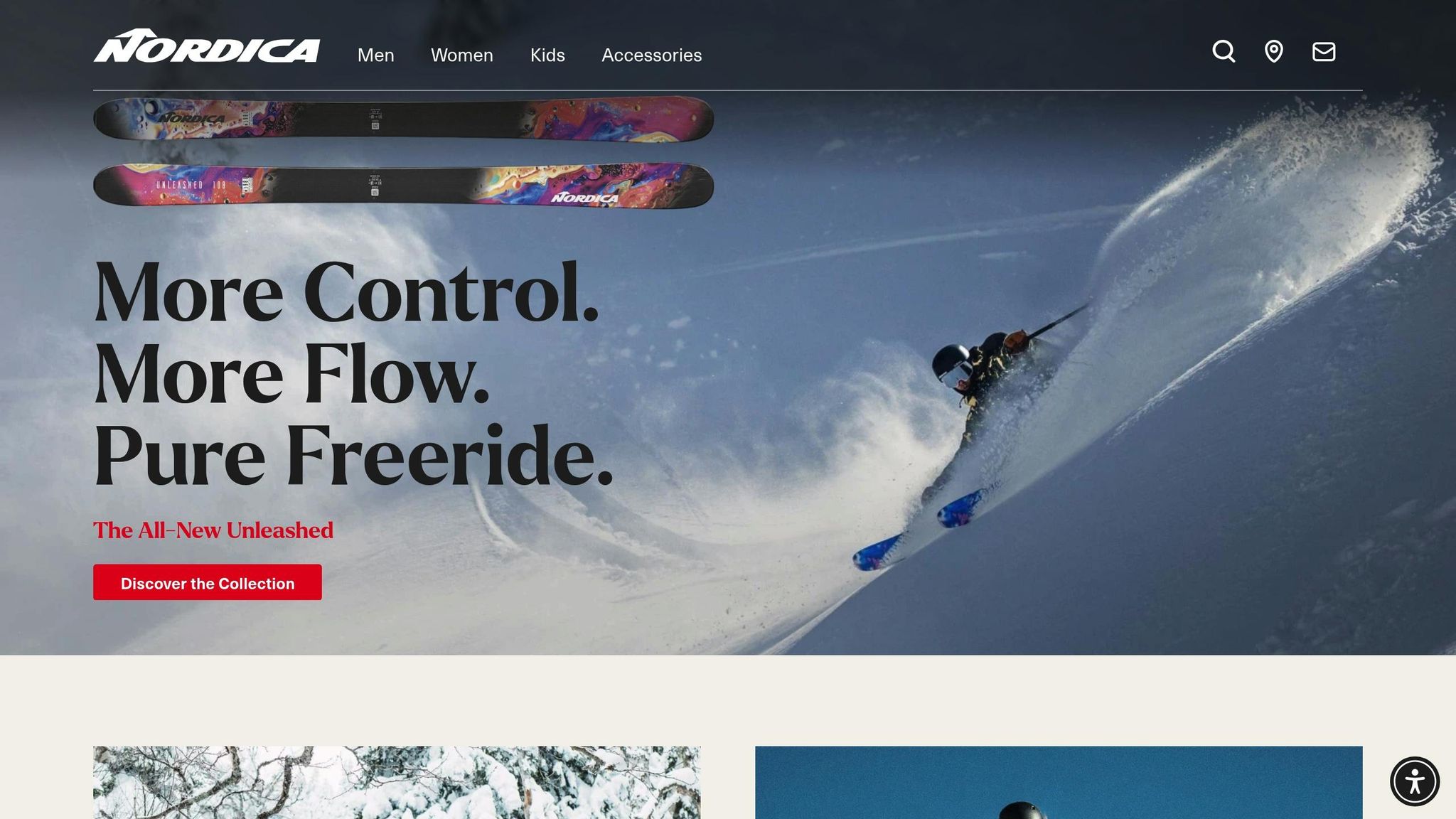
The Nordica Enforcer 94 is a classic all-mountain ski that’s built for versatility. When you compare its traditional design to the compact and modern Snowfeet* products, it raises an interesting question: does its performance justify the extra baggage that comes with conventional ski setups?
Portability
Let’s start with portability. Traditional skis like the Enforcer 94 require bulky transport gear - there’s no getting around that. Its carbon-reinforced wood core adds to its responsiveness on the slopes but also contributes to its weight. Nordica’s True Tip Technology does help by reducing swing weight, making it easier to handle once you’re on the mountain. Still, when it comes to portability, traditional skis can't compete with the lightweight convenience of Snowfeet* products.
Performance Across Conditions
When you're out on the slopes, performance is where the Enforcer 94 shines. Its All Mountain Rocker profile combines rocker in the tip and tail with camber underfoot, giving it a great mix of maneuverability, float in soft snow, and quick edge-to-edge transitions on hardpack. The 94 mm waist width is versatile enough for varied conditions, but it does demand precision and solid technique.
On the flip side, Snowfeet* Skiblades are designed to handle everything from groomed slopes and powder to moguls and terrain parks. They don’t require the same level of technical skill, so you can focus more on enjoying the ride and less on perfecting your form.
Learning Curve
The Enforcer 94 is geared toward intermediate and advanced skiers, which means beginners might find it a bit intimidating. Its carbon-reinforced wood core provides excellent feedback, but only if you know how to handle it. If you’re just starting out, Snowfeet* products are much more approachable. They’re designed to be user-friendly, making it easier for newcomers to hit the slopes with confidence and skip the steep learning curve.
Price (USD)
Now, let’s talk numbers. The Nordica Enforcer 94 costs $524.99 for the skis alone. Add Tyrolia Attack 14 GW Bindings, and the setup comes to $724.99 - marked down from $1,118.99. Factor in other necessary gear, and you’re looking at over $1,200 to get started.
In contrast, Snowfeet* offers a more budget-friendly option. Skiskates are priced between $150.00 and $610.00, while Skiblades range from $450.00 to $767.00. The best part? Snowfeet* products typically include everything you need right out of the box, saving you from additional purchases.
Final Thoughts
While the Nordica Enforcer 94 delivers impressive performance for seasoned skiers, it comes with the added costs and complexities of traditional ski setups. If you’re looking for a lighter, more accessible way to enjoy all-mountain adventures, Snowfeet* offers a fresh and streamlined alternative. Whether you’re a beginner or just want to simplify your time on the slopes, Snowfeet* might be the way to go.
sbb-itb-17ade95
5. Atomic Bent 100
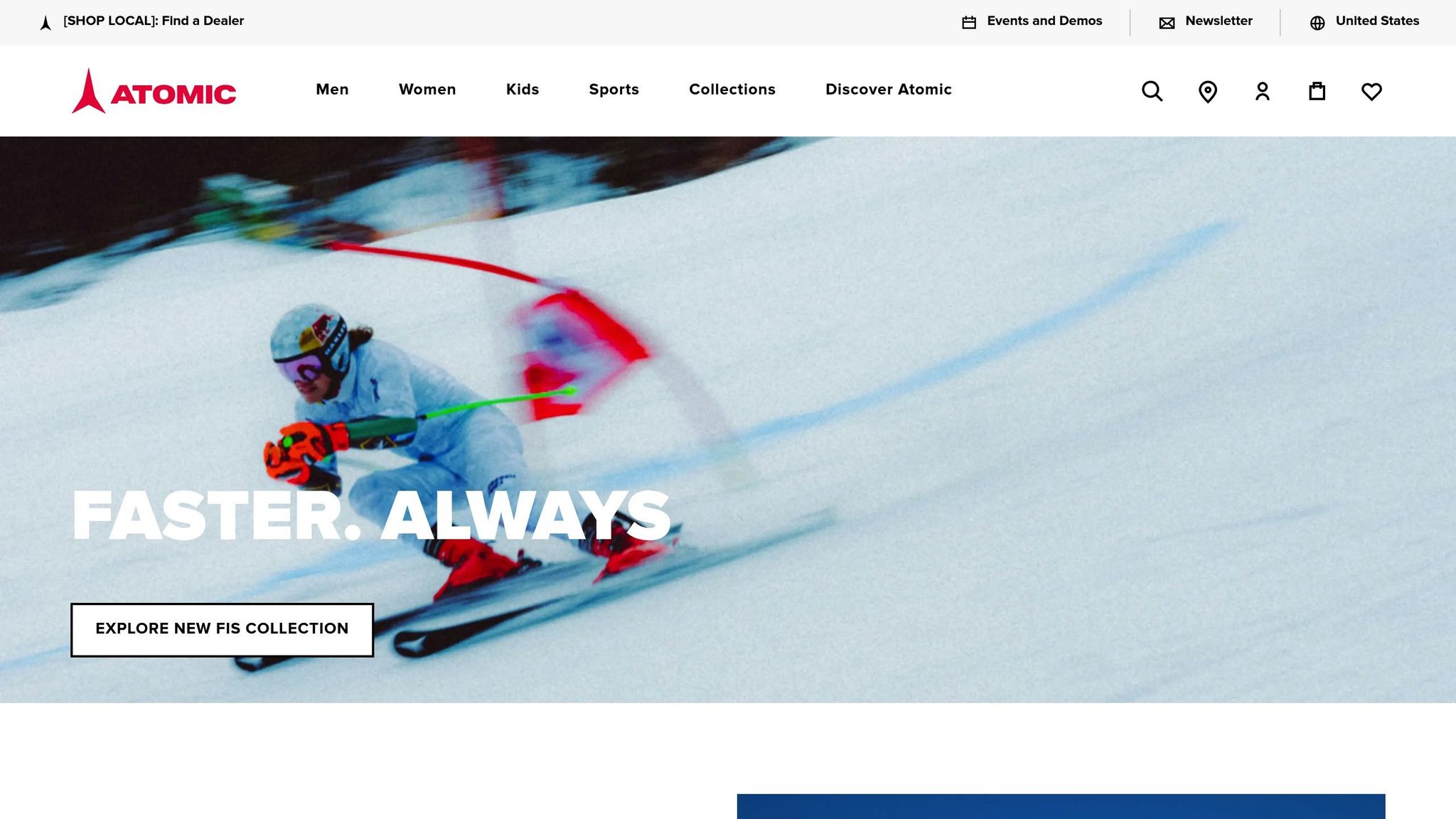
The Atomic Bent 100 is a fun and adaptable ski that shines on groomed runs and powder alike. But when you compare it to the ultra-portable Snowfeet* products, you might start rethinking your setup. Let’s break down how the Atomic Bent 100 stacks up in some key areas.
Portability
Traditional skis like the Bent 100 weigh about 3.7 lbs (1,700g) for a 179cm length. Add in ski bags, roof racks, and the hassle of lugging oversized gear through crowded lodges, and portability quickly becomes a challenge.
Snowfeet* products, on the other hand, change the game. Whether you go for the compact 44cm Skiskates or the slightly longer 120cm Skiblades, they’re light enough to fit in a standard backpack. No need for bulky transport solutions - just grab your gear and go.
Performance Across Conditions
The Bent 100 is a solid performer on diverse terrain. With its 100mm waist and HRZN 3D technology, it glides effortlessly through soft snow while maintaining reliable edge grip on groomers. Its directional shape and high camber lines make it responsive, and the added tail rocker boosts its agility in bumps and trees.
"Super playful, poppy, energetic, loved the more tail rocker, holds a good edge", says Lauren Blair.
That said, the Bent 100 isn’t perfect. In heavy, refrozen snow, it can lack the stability of skis with metal laminates and doesn’t feel as smooth as models like the Nordica Enforcer 99. Snowfeet* products, however, offer a fresh take on skiing. Their Skiblades and Skiskates excel in tight spaces, provide instant responsiveness, and handle a variety of conditions - all without the technical demands of traditional skis.
Learning Curve
The Bent 100 is beginner-friendly and versatile enough to suit a wide range of skiers. Many users praise how intuitive it feels right out of the gate. That said, getting the most out of these skis still requires solid technique.
Snowfeet* products simplify things. With their easy-to-control design, you can spend less time worrying about your form and more time enjoying the slopes.
Price (USD)
The Atomic Bent 100 is priced at around $800, though you might find discounts bringing it down to $439–$649.95. Keep in mind, that’s just for the skis - bindings, boots, and poles can easily push your total cost past $1,000.
Snowfeet* offers a more budget-friendly option. Skiskates range from $150.00 to $610.00, while Skiblades cost between $450.00 and $767.00. Plus, most Snowfeet* products come ready to use straight out of the box, saving you from additional expenses.
Final Thoughts
While the Atomic Bent 100 delivers reliable all-mountain performance, it comes with the usual complexities of traditional ski setups. If you’re looking for something simpler, lighter, and just as fun, Snowfeet* products offer an exciting alternative that’s easier to carry, easier to use, and just plain easier to love.
6. Volkl M7 Mantra
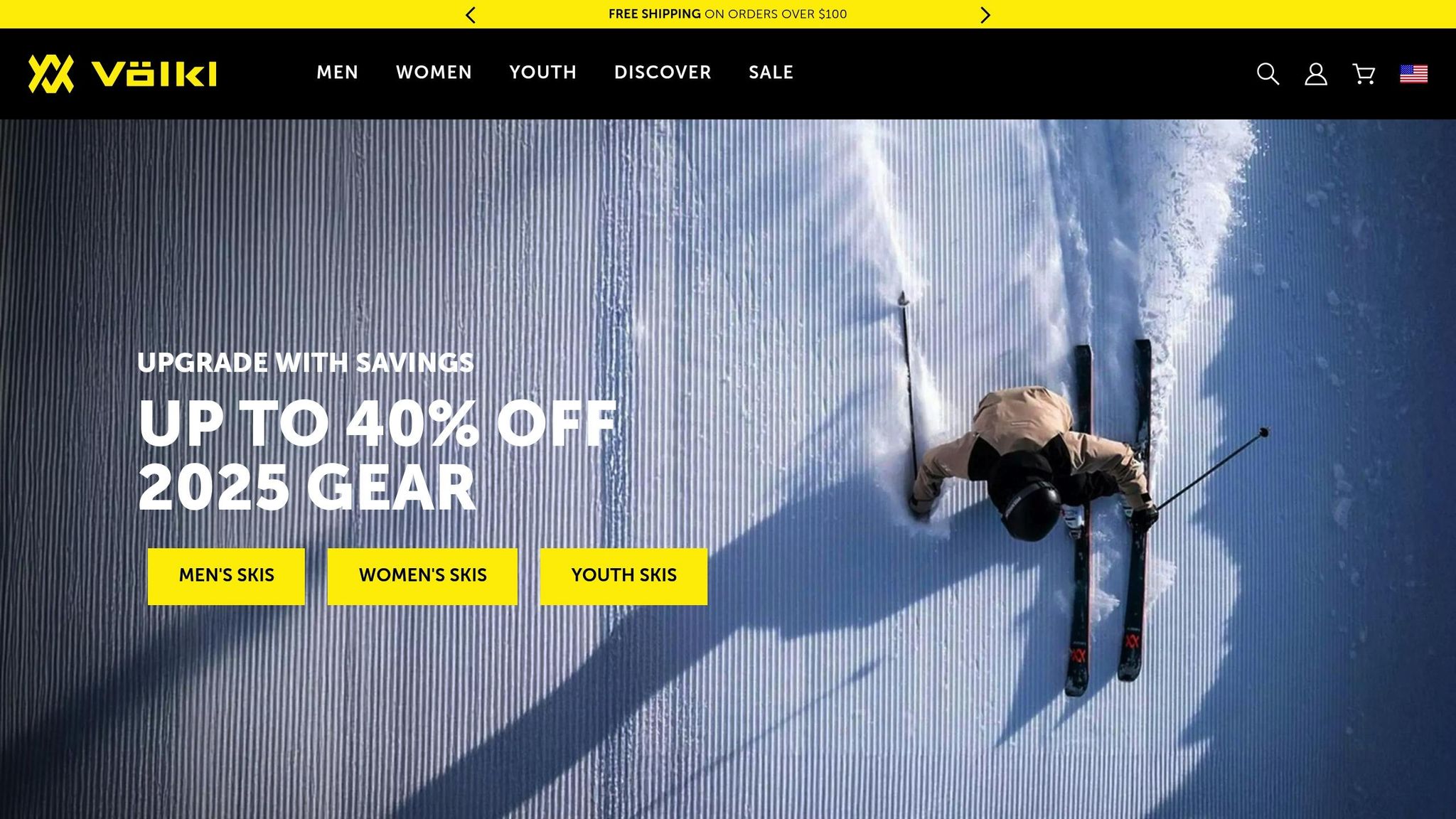
The Volkl M7 Mantra is a powerhouse in the world of all-mountain skis, built for seasoned skiers who crave precision and stability. Unlike Snowfeet* products, which prioritize ease of use and quick maneuverability, the M7 Mantra caters to experts looking to push their limits.
Performance Across Conditions
The M7 Mantra shines in challenging snow conditions, thanks to its aggressive design and metal construction. Dave Frick sums it up perfectly:
"The M7 Mantra is definitely a click-in and let er' rip kind of ski with a smooth and silky ride on edge that feels like you're on rails no matter the conditions. Comfortable at higher speeds and has no problems crushing through variable snow conditions."
While its stability and edge control are unmatched, the ski lacks a playful side. Max Ritter highlights this trade-off:
"It wants to stay glued to the snow–exhibits minimal pop and quickly settles once airborne."
This contrasts sharply with Snowfeet* Skiblades and Skiskates, which prioritize agility and quick turns. While they don't match the M7 Mantra's performance at high speeds, they excel in tight spaces and varied terrain, offering a more accessible and forgiving experience.
Learning Curve
The M7 Mantra's high performance comes with a steeper learning curve. It demands precise technique and aggressive skiing. As Dave Frick points out:
"If you're expecting the ski to throw you from turn to turn, you will be disappointed."
Snowfeet* products, on the other hand, are designed for instant enjoyment. They let users focus on having fun rather than mastering advanced techniques, making them a great choice for those who want to hit the slopes without a lot of prep.
Price (USD)
The 2025 Volkl M7 Mantra has a retail price of $849.99, though discounts often bring it down to between $509.99 and $679.99. Keep in mind, traditional ski setups like this also require additional gear, which can add to the cost.
Snowfeet* products offer a more budget-friendly alternative. With options like the compact Skiskates and versatile Skiblades, most models are ready to use right out of the box, eliminating the need for extra equipment.
Portability
Transporting the M7 Mantra can be a hassle. Long skis require roof racks, ski bags, and careful handling - especially in crowded areas. Snowfeet* products, however, are a breeze to carry. Whether it's the 44 cm Skiskates or the 120 cm Skiblades, they fit easily into a backpack, making travel and storage a non-issue.
Final Thoughts
The M7 Mantra is a fantastic choice for expert skiers who value high-speed stability and precision. But if you're looking for something more accessible, portable, and fun right out of the gate, Snowfeet* products are a great alternative. They cater to a wider range of users, offering a simple and enjoyable way to experience the slopes.
Comparison: Pros and Cons
When picking the right all-mountain ski for 2025, it’s important to see how different options measure up. Below, you’ll find a detailed comparison of Snowfeet* products versus traditional ski brands, covering the factors that matter most to skiers.
| Ski Model | Length | Price (USD) | Portability | Learning Curve | Best Conditions | Key Advantage |
|---|---|---|---|---|---|---|
| Snowfeet* Skiskates | 44 cm | From $390 | Fits in a backpack | Beginner-friendly | Groomed slopes, parks | Ultimate portability |
| Snowfeet* Skiblades (65 cm) | 65 cm | From $450 | Fits in a backpack | Easy to moderate | All-mountain | Rapid turn response |
| Snowfeet* Skiblades (99 cm) | 99 cm | From $490 | Compact carry | Easy to moderate | All conditions | Versatile performance |
| Snowfeet* Skiblades (120 cm) | 120 cm | $690 | Easy transport | Moderate | All-mountain | Combines traditional feel with short-ski benefits |
| Nordica Enforcer 94 | ~180 cm | $750 | Requires ski bag/rack | Advanced | Groomed, hard pack | Precision carving |
| Atomic Bent 100 | ~180 cm | $650 | Requires ski bag/rack | Intermediate–Advanced | All-mountain, park | Strong value for money |
| Volkl M7 Mantra | ~180 cm | $850 | Requires ski bag/rack | Expert | High-speed, variable | Exceptional stability at speed |
Here’s a deeper look at some of the key factors from the table.
Portability Revolution
One of the standout features of Snowfeet* products is how easy they are to carry compared to traditional skis. Long skis, like the Nordica Enforcer 94 or the Volkl M7 Mantra, need bulky ski bags or roof racks for transport. That’s not exactly convenient, especially if you’re traveling or have limited storage space. Snowfeet* products, on the other hand, are built with portability in mind. Their compact designs - like the 44 cm Skiskates or the 120 cm Skiblades - can fit in a backpack. No ski racks, no oversized luggage, no hassle.
Learning Curve Advantages
Traditional skis often require precise technique and experience to master. Snowfeet* products, however, are much more beginner-friendly. They’re intuitive and easy to control, making them a great option for those just starting out or anyone looking for a more relaxed learning experience without the steep technical demands.
Performance Across Conditions
Traditional skis tend to excel in specific conditions. For instance, the Atomic Bent 100 handles a variety of terrains well but isn’t specialized for deep powder. Meanwhile, the Volkl M7 Mantra is fantastic for high-speed runs but can feel stiff and less playful in gentler conditions. Snowfeet* products, however, are designed for versatility. The Skiskates shine on groomed slopes and in parks, while the Skiblades adapt to a wide range of conditions. Plus, they deliver consistent performance without requiring advanced skills.
Value Proposition
Let’s talk cost. Traditional setups generally run between $650 and $850, and that’s before factoring in extra gear like ski bags or roof racks. Snowfeet* products start at $390 and include everything you need. Their lightweight design not only saves you money but also reduces physical strain during long ski days, making them an economical and practical choice.
Speed and Stability Trade-offs
Long skis are often praised for their speed and stability, which is great for expert skiers or those tackling high-speed descents. But for most recreational skiers, the slight trade-off in stability with Snowfeet* products is more than made up for by their superior control and portability. They’re easier to maneuver and carry, which makes them ideal for everyday use.
Terrain Versatility
Traditional skis are typically built for specific purposes - deep powder skis for off-piste adventures, carving skis for groomed runs, and so on. Snowfeet* products, however, focus on delivering versatility. They perform well across a variety of terrains and conditions, making them a reliable all-in-one choice for skiers who prefer simplicity over juggling multiple specialized setups.
Final Recommendations
After reviewing a variety of all-mountain ski options for 2025, one name stands out: Snowfeet*. These products bring together value, versatility, and ease of use in a way that conventional skis just can’t match.
Let’s break it down by skill level to see why Snowfeet* makes sense for so many skiers.
For beginners, the 44 cm Snowfeet* Skiskates are a game-changer. Priced at $390, they offer an affordable entry point into skiing without compromising on performance. They’re incredibly easy to learn on, and their compact size means you can toss them in your backpack and head straight to the slopes or terrain parks.
If you’re an intermediate skier looking for versatility, check out the 99 cm Snowfeet* Skiblades. At $490, they deliver impressive all-mountain performance across a range of conditions. They’re portable, easy to use, and just plain fun. Compare that to traditional options like the Atomic Bent 100 ($650) or the Volkl M7 Mantra ($850), and it’s clear that Snowfeet* offers a more convenient and capable alternative.
For advanced skiers seeking stability but not ready to give up on compact design, the 120 cm Snowfeet* Skiblades hit the sweet spot. At $690, they combine the solid feel of longer skis with the agility and maneuverability you’d expect from Snowfeet*. With traditional skis often starting at lengths of 150 cm or more, these Skiblades offer a modern twist on the skiing experience.
The cost and convenience benefits are hard to ignore. Traditional setups often come with a hefty price tag and require extra gear for transport. Snowfeet* products start at just $390 and include everything you need to hit the slopes right away - no extras required. Whether you’re a beginner or a seasoned pro, these skis make it easier to enjoy the mountain without the hassle.
This shift toward smarter, more accessible skiing equipment is redefining the sport. Whether you’re carving groomed runs, hitting terrain parks, or tackling unpredictable conditions, Snowfeet* products bring the fun and simplicity back to skiing. The future of all-mountain skiing isn’t about longer, bulkier gear - it’s about embracing innovation that makes every run more enjoyable.
FAQs
How do Snowfeet Skiblades and Skiskates stack up against traditional skis in performance and convenience?
Snowfeet Skiblades and Skiskates bring a new twist to skiing, focusing on maneuverability, portability, and simplicity. Unlike traditional skis that are long and heavy, Snowfeet’s compact design makes sharp turns, quick stops, and precise control a breeze. They’re perfect for pulling off tricks or weaving through tight spots.
Thanks to their lightweight build, you can toss them into a backpack without any hassle - no need for the bulky gear that comes with regular skis. Plus, they’re much easier for beginners to pick up, offering a gentler learning experience compared to traditional skis, which are built with speed and stability in mind for more advanced riders. Whether you’re cruising groomed trails, tackling powder, or even braving icy slopes, Snowfeet’s versatility and convenience make them a standout choice for all kinds of mountain adventures.
Are Snowfeet* Skiblades and Skiskates good for all experience levels, and how should beginners decide between them?
Yes, Snowfeet Skiblades and Skiskates work well for everyone, even if you're just starting out. Thanks to their small size, lightweight build, and ease of use, they’re perfect for beginners. They’re less intimidating than traditional skis and give you more control, which helps you gain confidence on the snow faster.
If you're new and want something that offers better balance and smoother turns, Skiskates are a great pick. They’re awesome for learning the basics without feeling overwhelmed. On the flip side, Skiblades deliver a more classic skiing feel with extra stability, making them a solid choice if you’re ready to try more advanced moves or tackle different types of terrain. Both options are fun, versatile, and perform well in all kinds of snow.
What should I consider when choosing between Snowfeet* products and traditional ski brands like Rossignol or Atomic?
When comparing Snowfeet* to traditional ski brands like Rossignol or Atomic, there are a few key things to think about: portability, versatility, ease of use, and cost. Snowfeet* really shines when it comes to being compact and lightweight. They’re easy to carry and ideal for quick adventures without the hassle of lugging around bulky gear. Unlike traditional skis, which can take up a lot of storage space, Snowfeet* products are incredibly convenient and travel-friendly.
On the other hand, brands like Rossignol or Atomic focus on specialized performance for specific conditions. While they deliver high-quality results, they’re usually more expensive and not always the best choice for beginners. Snowfeet*, however, offers a more budget-friendly and adaptable option. They’re designed for excellent maneuverability and control across different terrains, making them a great pick for casual skiers or anyone looking for a fun, easy-to-use alternative. Snowfeet* delivers a unique experience that’s hard to match.

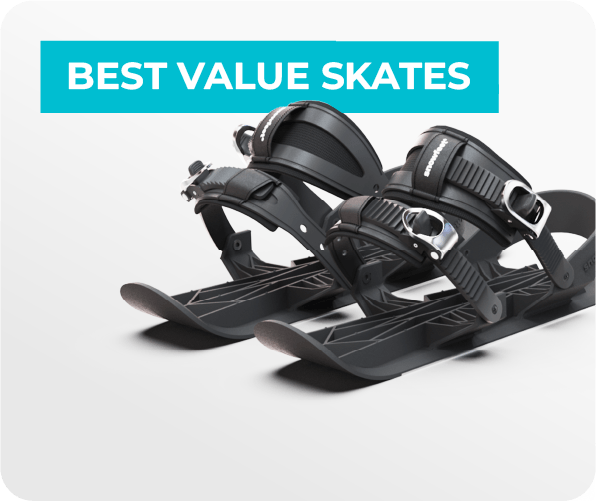
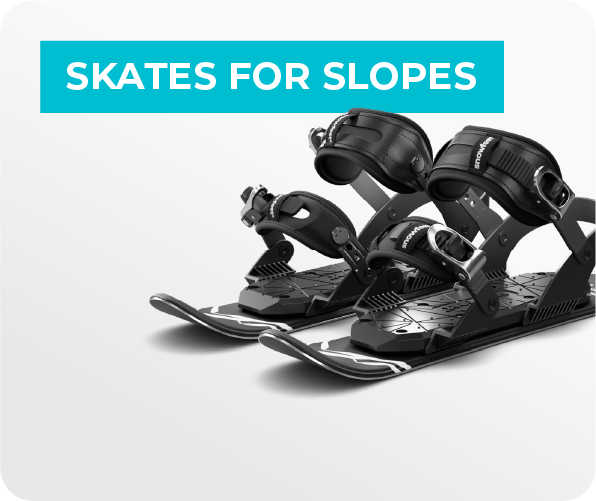
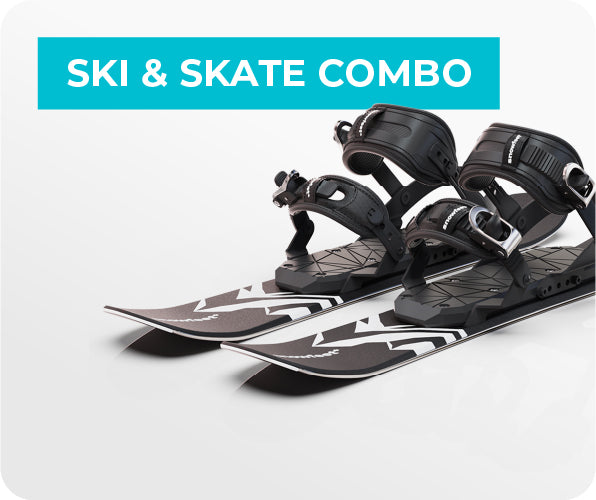
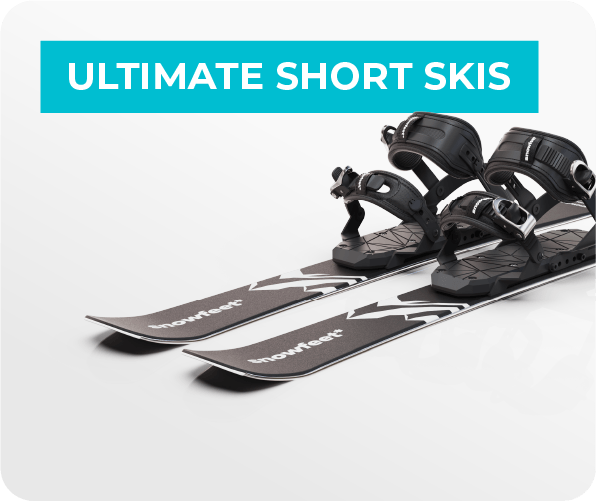
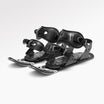
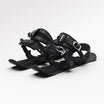
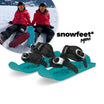
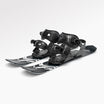
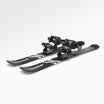
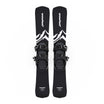
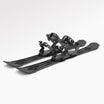
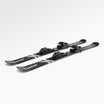
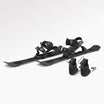
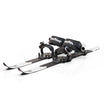
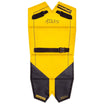
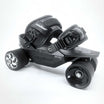
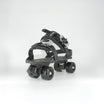
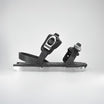
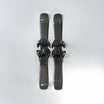

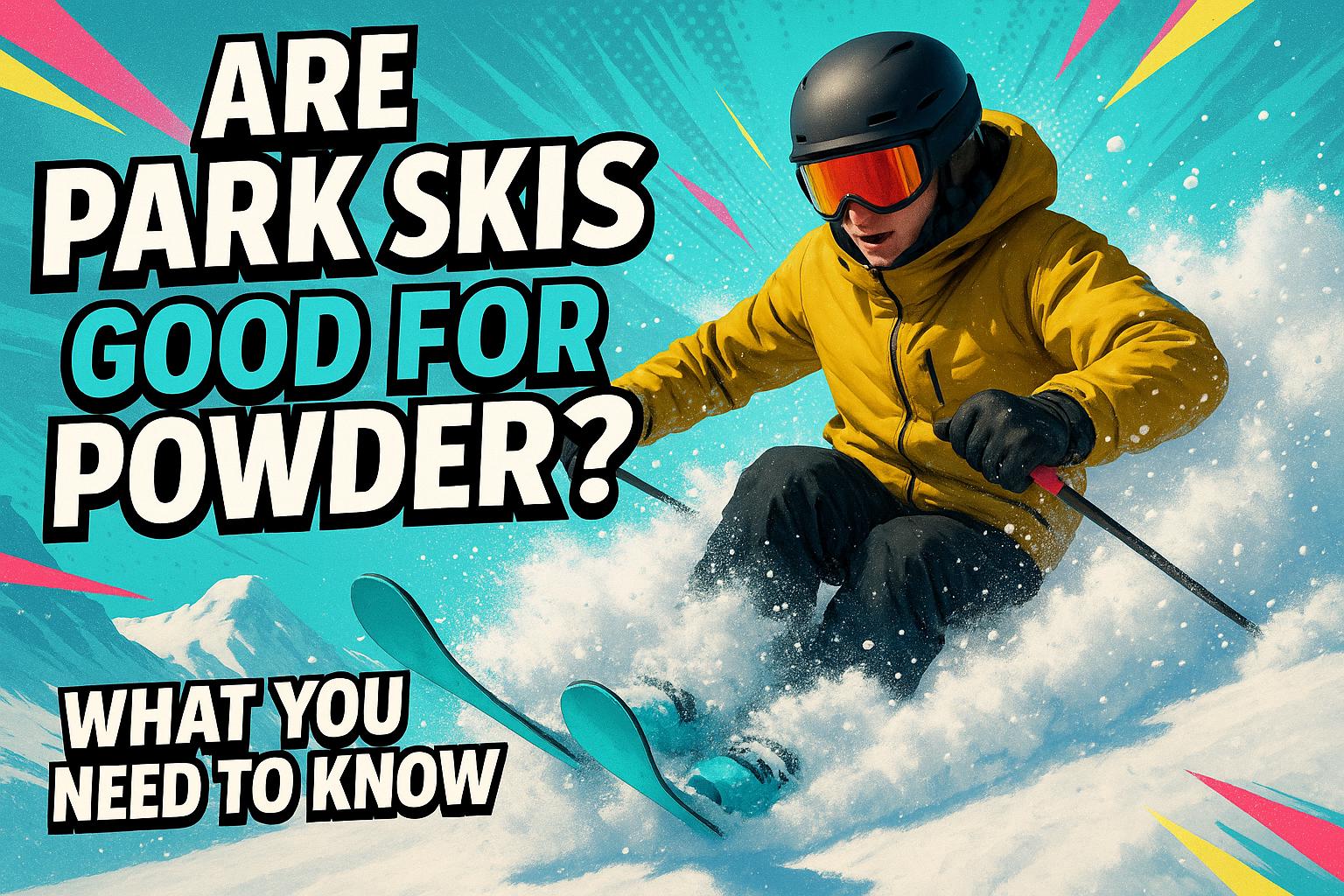

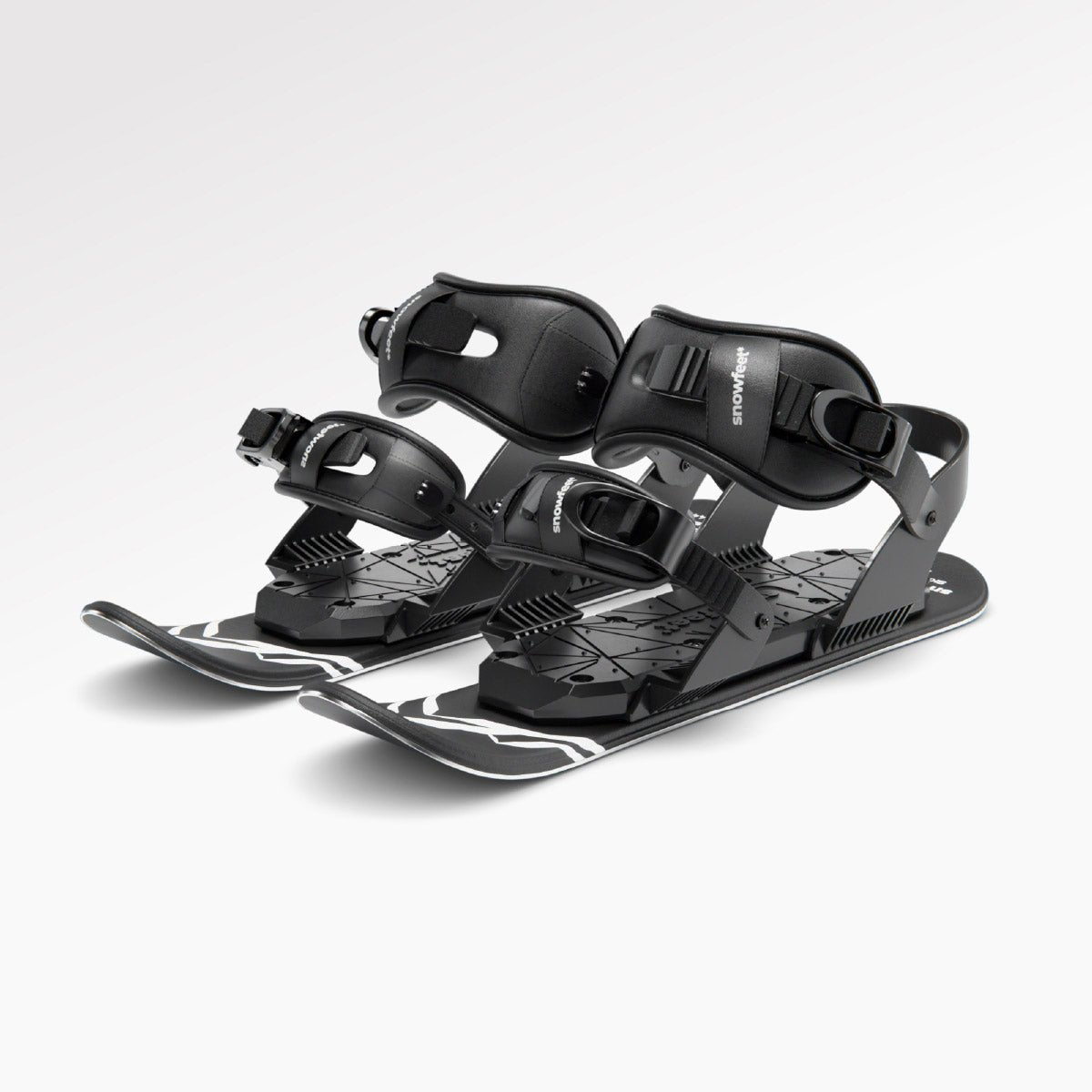
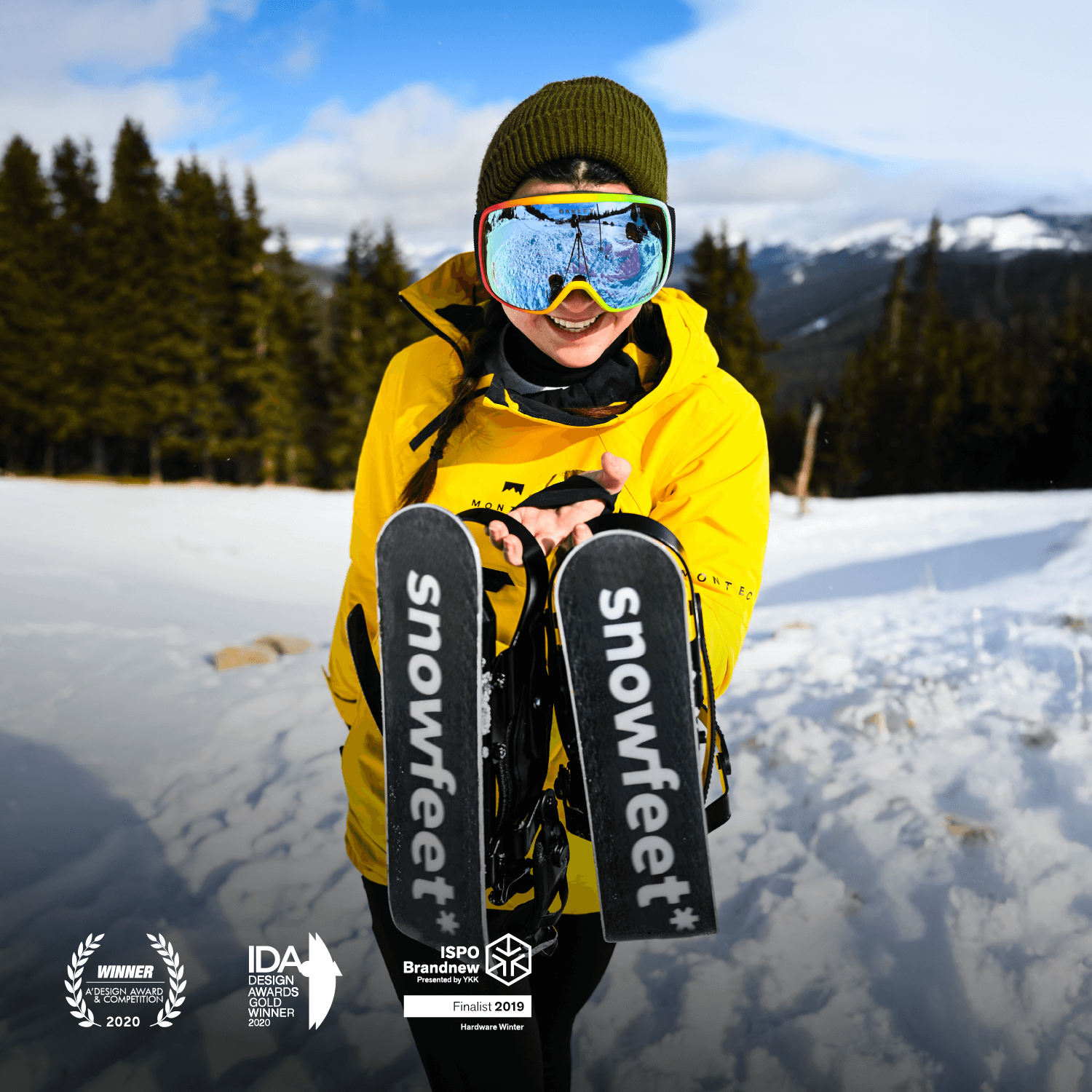
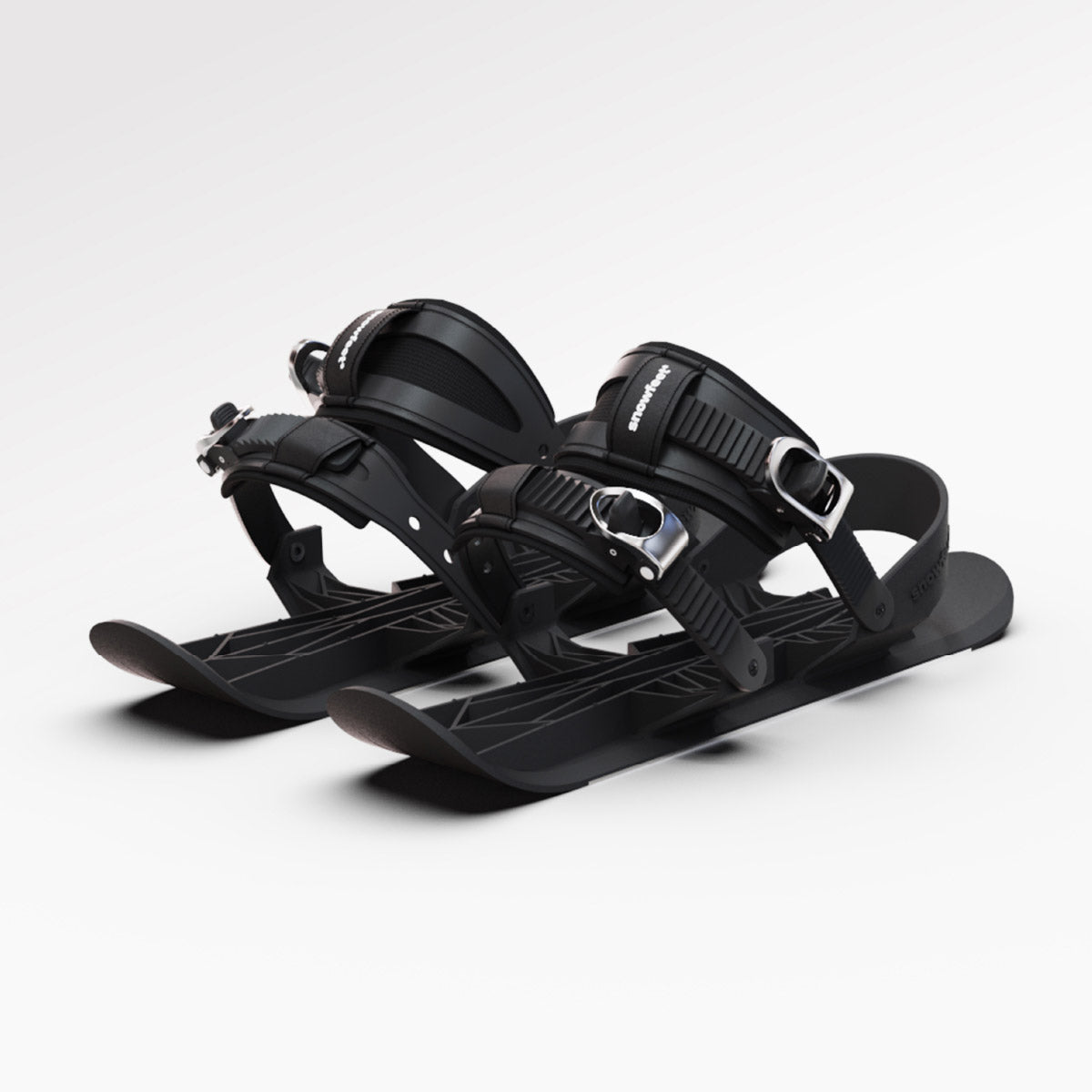
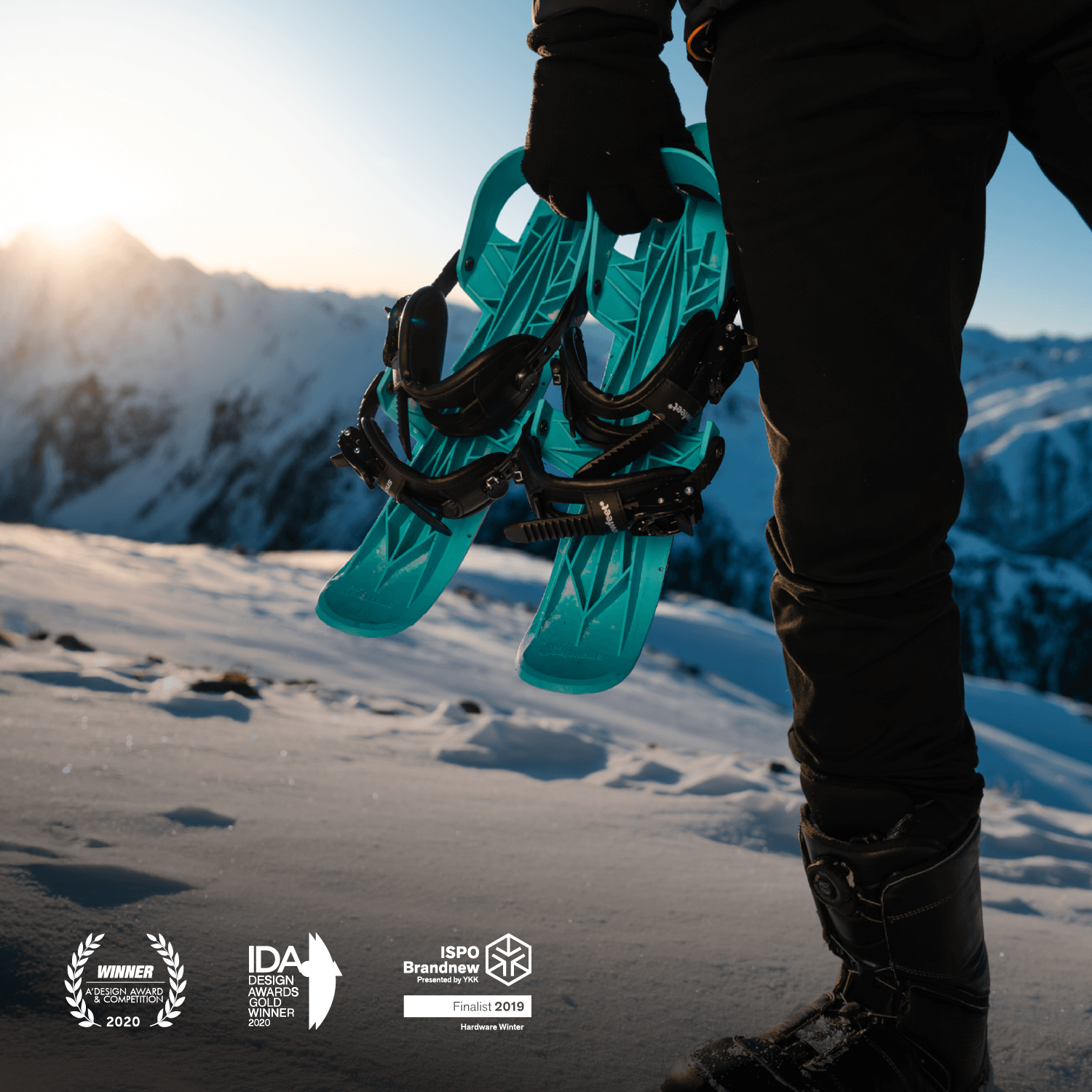
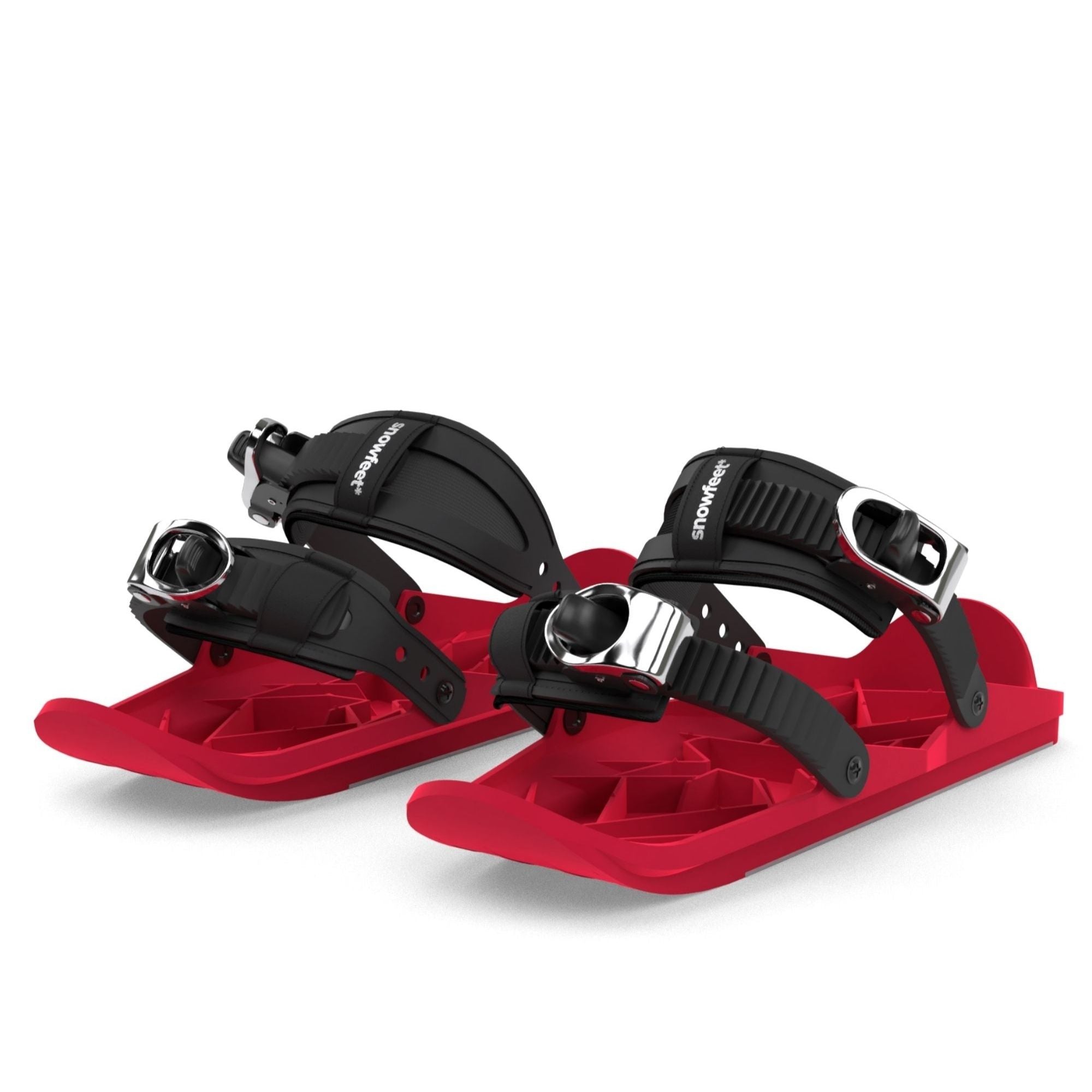
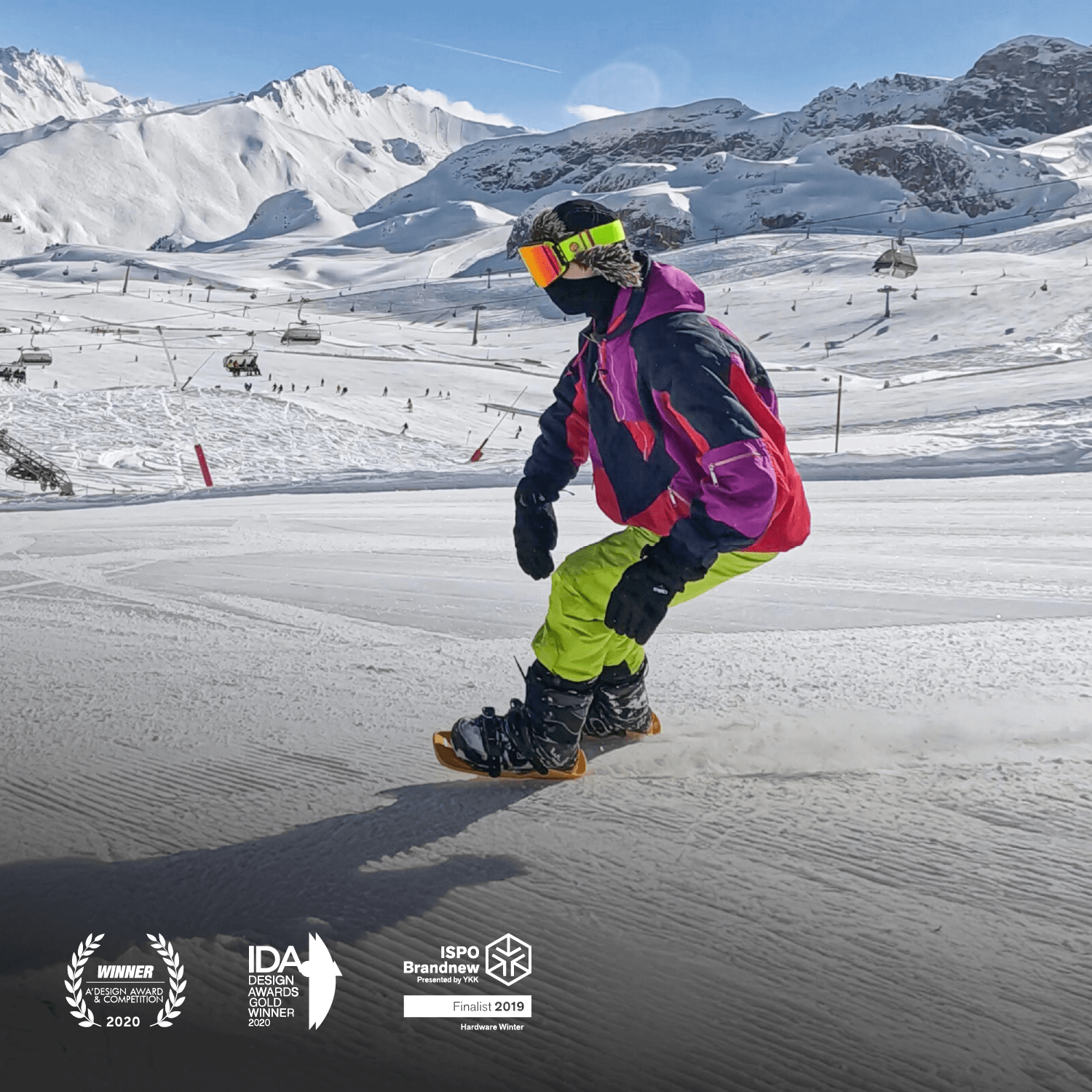
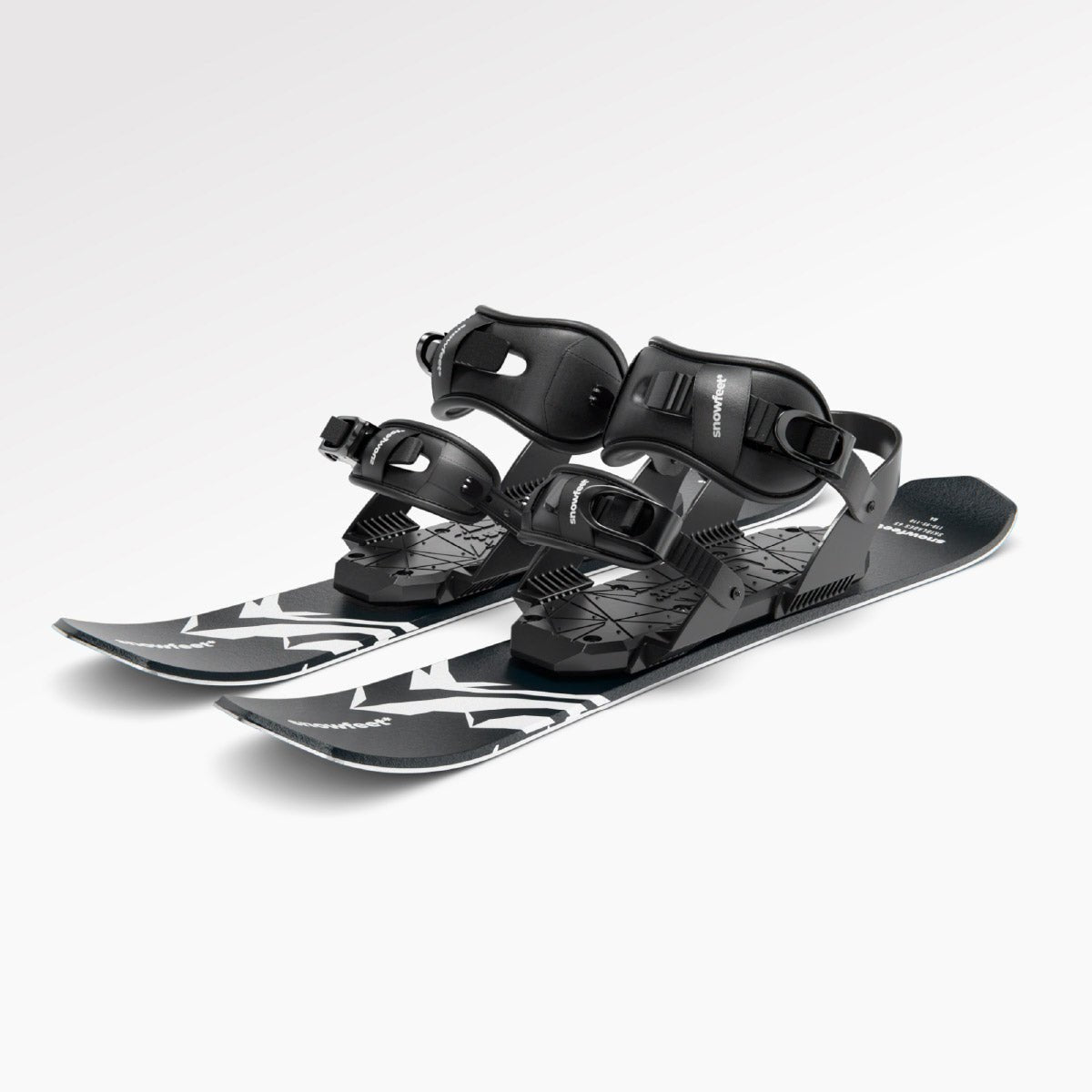
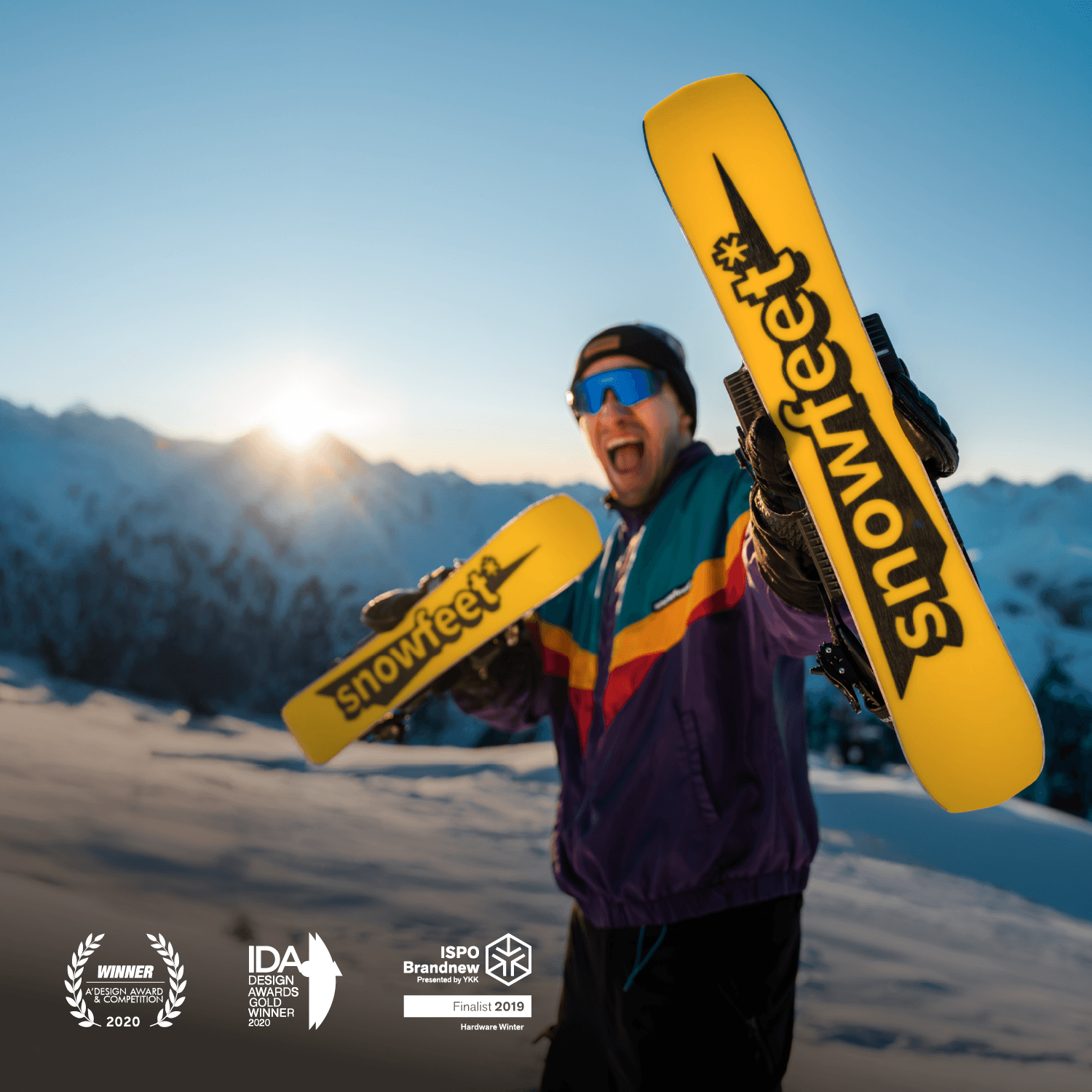
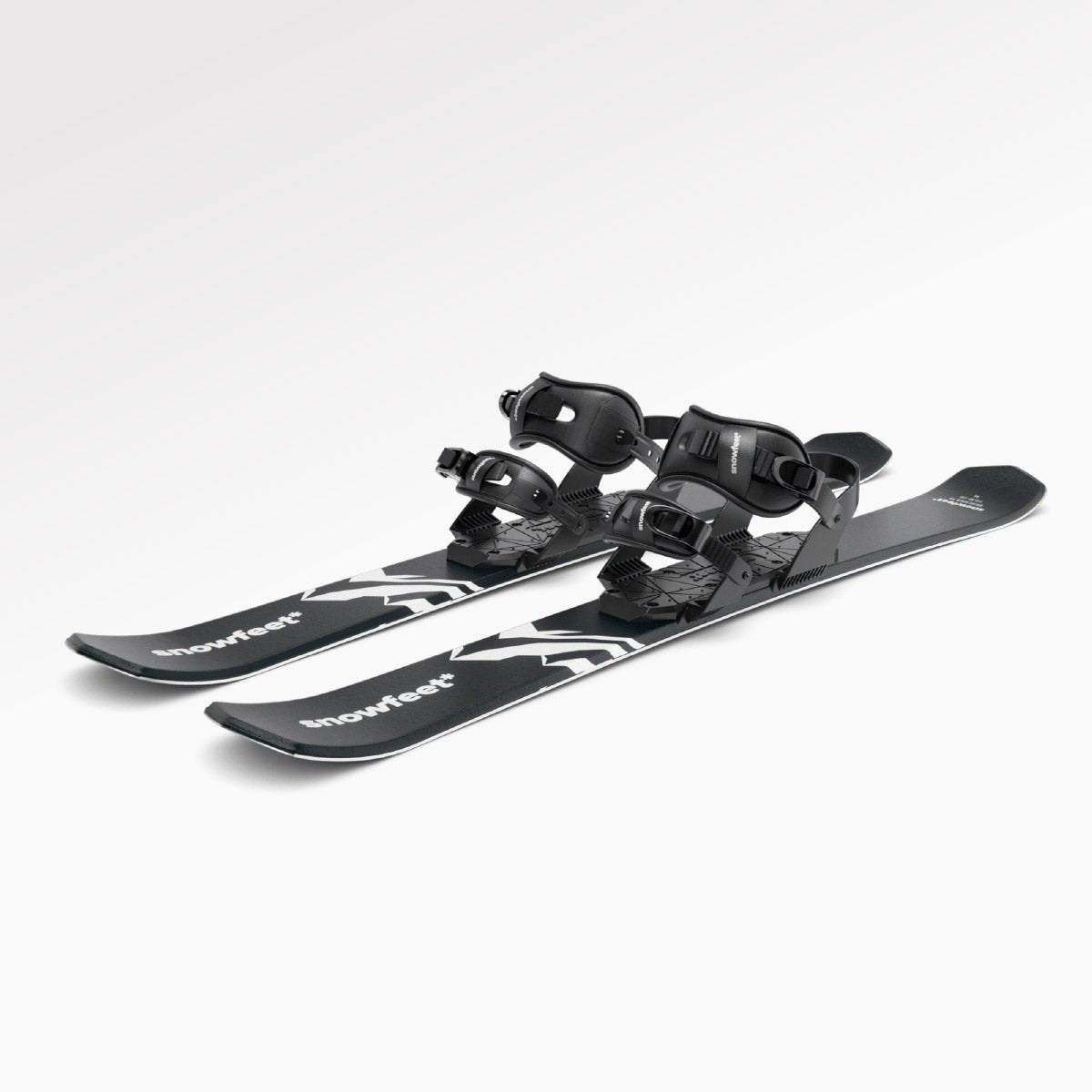
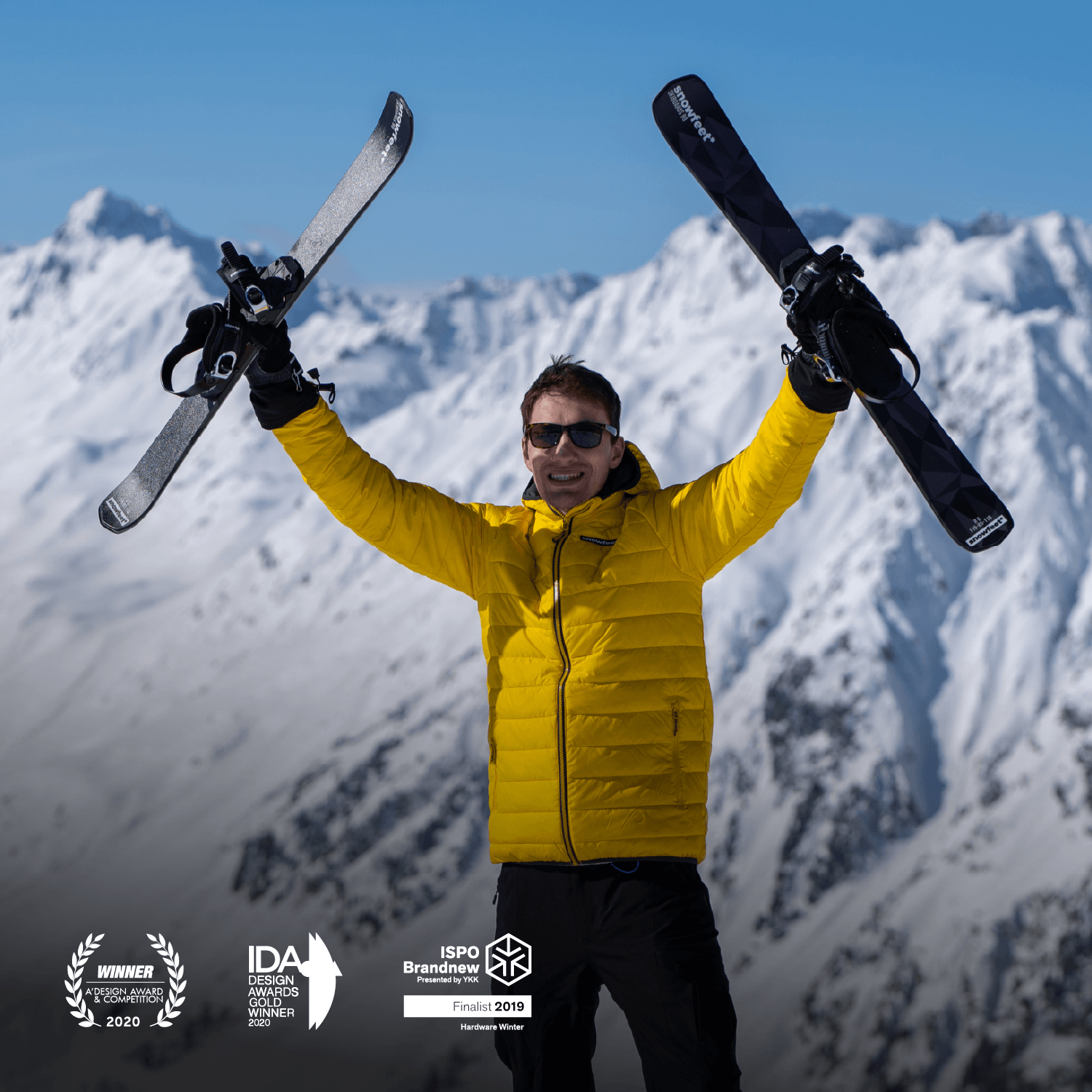
Leave a comment
This site is protected by hCaptcha and the hCaptcha Privacy Policy and Terms of Service apply.